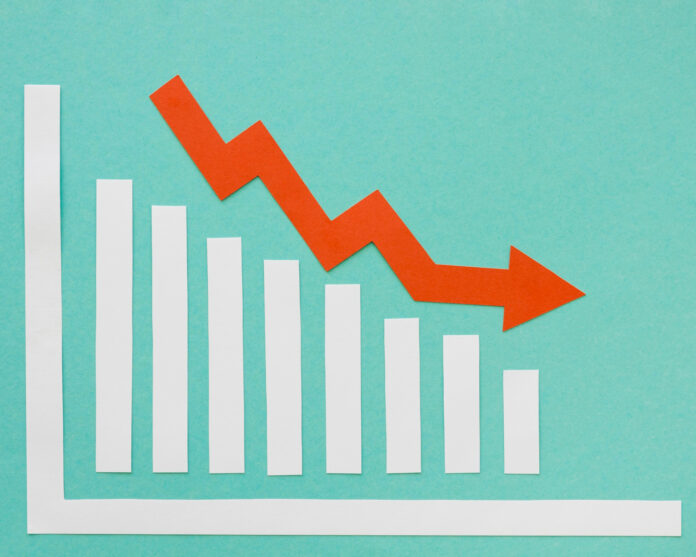
A recent collaborative report by the Boston Consulting Group (BCG) and the Confederation of Indian Industry (CII) has unveiled alarming price hikes in essential household products since 2012. The study indicates that packaged household staples, personal care items, and packaged foods and beverages have witnessed price spikes of over 100% during this period. This surge in prices has exerted significant pressure on the sales volumes of fast-moving consumer goods (FMCG), resulting in a noteworthy drop in compound annual growth rates (CAGR) to 1.5% over the last 12 months ending July 2023.
BCG’s exhaustive analysis covered various segments, tracking price fluctuations in college fees, kitchen staples like rice and pulses, household care products, electricity, fresh produce, fuel, clothing, travel, appliances, vehicles, transportation, mobile phones, and internet services. According to Abheek Singhi, MD and senior partner at BCG, the FMCG sector has experienced substantial price hikes compared to other household spending categories, which has potentially impeded volume growth. The prioritisation of profitability over growth by companies has led to fewer innovations and new product launches.
The report disclosed that Indian households spent a staggering ₹5.4 trillion on FMCG products in 2023, representing a notable 45% surge since 2019. However, while FMCG volumes have dipped in urban markets since 2014, they have either remained stable or increased in rural areas. This shift in consumer spending patterns suggests a redirection towards discretionary categories in urban regions.
Singhi emphasised the urgency for companies to intensify innovation efforts, introduce more affordable products, and make necessary price corrections to stimulate volume growth. Echoing this, Deepak Subramanian, Executive Director of Home Care at Hindustan Unilever Ltd, stressed the industry’s need to provide affordable pricing options and elevate innovation and category development strategies to cater effectively to evolving consumer demands.
RTM Watch’s Take
The surge in prices of fast-moving consumer goods over the past decade has undoubtedly impacted consumers’ wallets. The combination of inflation, supply chain disruptions, and increased production and transportation expenses has created a challenging environment for both consumers and businesses. As prices continue to rise, it is crucial for consumers to carefully manage their budgets and explore cost-saving alternatives.



































